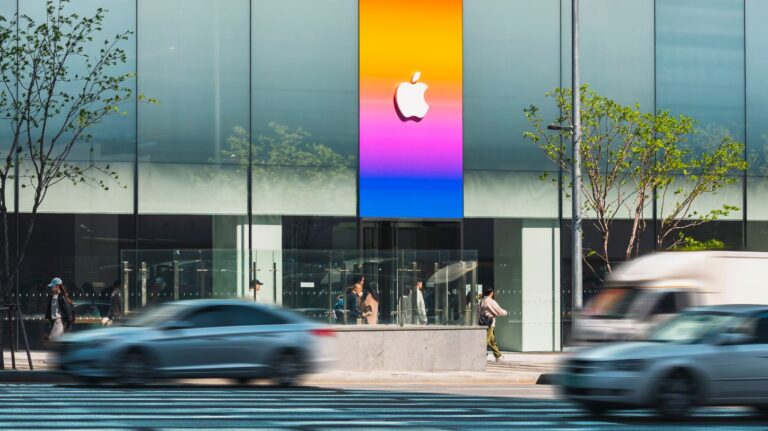Tim Cook, CEO of tech giant Apple, recently visited Vietnam and Indonesia as the company reportedly explores ways to reduce its supply chain’s reliance on Chinese manufacturing.
While in Indonesia, Cook met with the country’s president, Joko Widodo. Afterwards, he told reporters: “We talked about the president’s desire to see manufacturing in the country and it’s something that we will look at.”
He added: “I think the investment ability in Indonesia is endless. I think that there’s a lot of great places to invest. And we’re investing. We believe in the country.”
According to Reuters, Apple currently has based much of its key manufacturing of iPads, AirPods and Apple Watches in Vietnam, but is yet to set up any manufacturing plants in Indonesia.
This exploration of options outside of China is indicative of concerns from the US government and businesses surrounding over-reliance on China when it comes to supply chains. With the US presidential election just months away and Republican candidate Donald Trump proposing higher tariffs on Chinese imports, diversification is something that firms are seemingly already looking into.
Current US president Joe Biden has taken action aimed at strengthening supply chains in the US throughout his time in the White House, which the Biden-Harris administration has deemed vital for the US economy and national security. In November 2023, president Biden unveiled 30 new actions to fortify US supply chains.
Another potential impetus for Apple looking to reduce its reliance on China is the difficulties the company faced during the Covid-19 pandemic. In 2022, a rise of the virus in the Henan province of China led to additional restrictions at Foxconn’s iPhone production plant. The result of this was the assembly facility in Zhengzhou temporarily ‘operating at a significantly reduced capacity’, causing delays in the production of the iPhone 14 Pro and Pro Max.
By diversifying its supply chain, Apple could potentially mitigate the risk of incidents like these in one particular country significantly impacting its supply chain.
Data from the International Data Corporation (IDC) published in April 2024 has shown that Apple’s share of the global smartphone market dropped from 20.7% in Q1 2023 to 17.3% in Q1 2024. The volume of Apple’s smartphone shipments also dropped by 9.6% from 55.4 million units to 50.1 million units in the same timeframe.
Interestingly, however, Apple recently surpassed brands like Honour, OPPO, vivo and Xiaomi in terms of market share in China, becoming the market leader in the Chinese market for the first time, in 2023.







